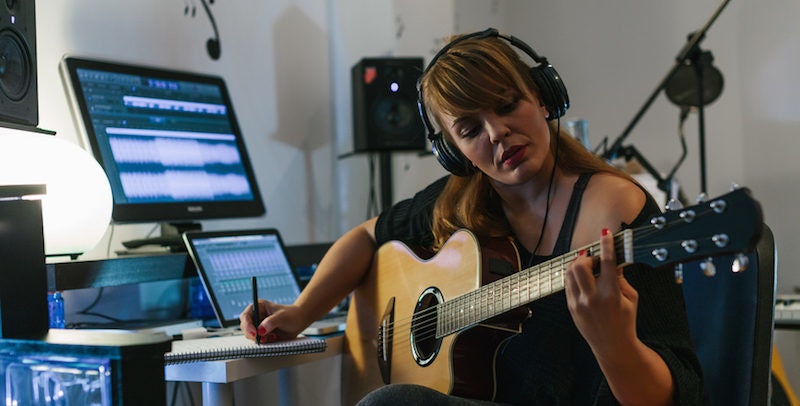

IMO, I have always thought that musicality was both harder to find and more important.

#Musicality define how to
So I am asking, what is harder to find and also, what is more important, a true understanding of music and therefore an understanding of how to play certain pieces or extremely strong technical ability so that you can play all of the notes on any piece of music? I find this funny only because with the musicians we listen to on a regular basis, I more often hear someone complaining about their musicality before I hear them complaining about whether or not they hit the right notes or whether or not they play them fast enough. Whichever you choose, be sure that in the end you and you alone are happy with the result.I have to ask this question only because I have so often heard in this forum people who seem to think that they are more than ready musically for a piece of music, but are afraid whether or not they are technically ready. You may prefer to highlight the staccato notes (short and quick) versus the legato “oohs” that dominate the song. Everyone has a different style and the way you move to for instance “Sail” by AWOLNATION may be completely different to anyone else in your studio. Sometimes, just listening to the music and really paying attention to how it makes you feel can be the most important exercise of all.Īnother helpful tool is your camera, filming yourself freestyling to the music and to particular points in the music brings about a better understanding of how your body moves to different styles of music. Listening for all of the aforementioned details can be extremely helpful, and also overwhelming at the same time. Finding a layer within the music can provide inspiration for unexpected accents as well as points in the music where a movement may need to be more pronounced.

You can listen out for one of the items I listed in the music and create movement based on just that. Lyrics: Paying attention to the lyrics can help with musicality and character development Mood: Music can carry a particular mood be it happy, hopeful, adventurous, dramatic, sensual etc. Harmony: The supporting notes to the song-an under-layer Melody: The main tune in the song-usually the most memorable. Tempo: Tempo is the speed of the music, its pace There are a few ways in which the music can be dissected dancers can examine tempo, melody, harmony, rhythm, volume, mood, and lyrics. After that a dissection of the music occurs, listening to the song on repeat helps to grasp the layers within the music fully. For me, this is how I am able to come up with movements that feel natural to me, even if I am portraying a character outside of my usual choice. I think it is even more important to choose music you can relate to in some way. Many people may choose a song based off of what is popular or considered a good pole song. Musicality is important for all styles of pole dance in that it involves hitting the beats, but also in that it sheds light on the the importance of feeling your music. Naturally people define musicality in array of ways, the definitions I found are a good start to understanding what it is. Musical creativity is the ability to “feel” the music and interpret, connect with, and add innovative movement. Perceiving music involves a knowledge of music in terms of tempo, rhythm, mood and phrasing. One way is the ability to perceive music, and the other is the ability to reproduce or create music.
:max_bytes(150000):strip_icc()/GettyImages-183850483-5ad2e48f3de4230037ca4be3.jpg)
Musicality is a word that often comes up in pole discussions, but what does it mean? A quick dictionary search tells us that there are two ways musicality can be defined.


 0 kommentar(er)
0 kommentar(er)
